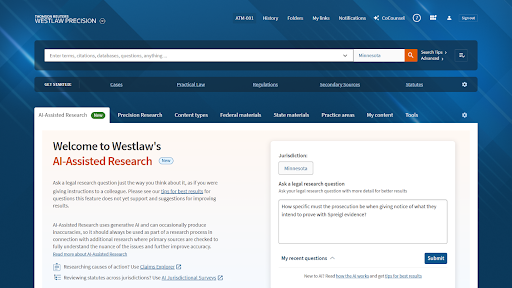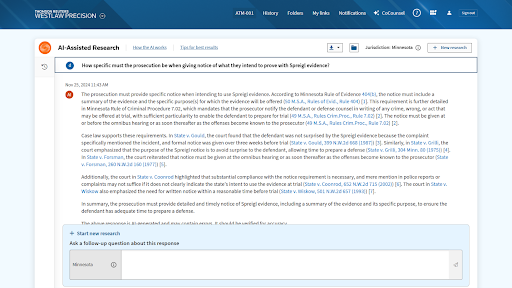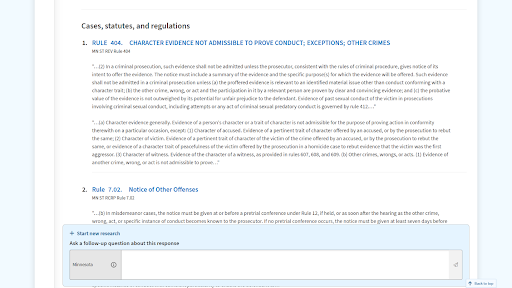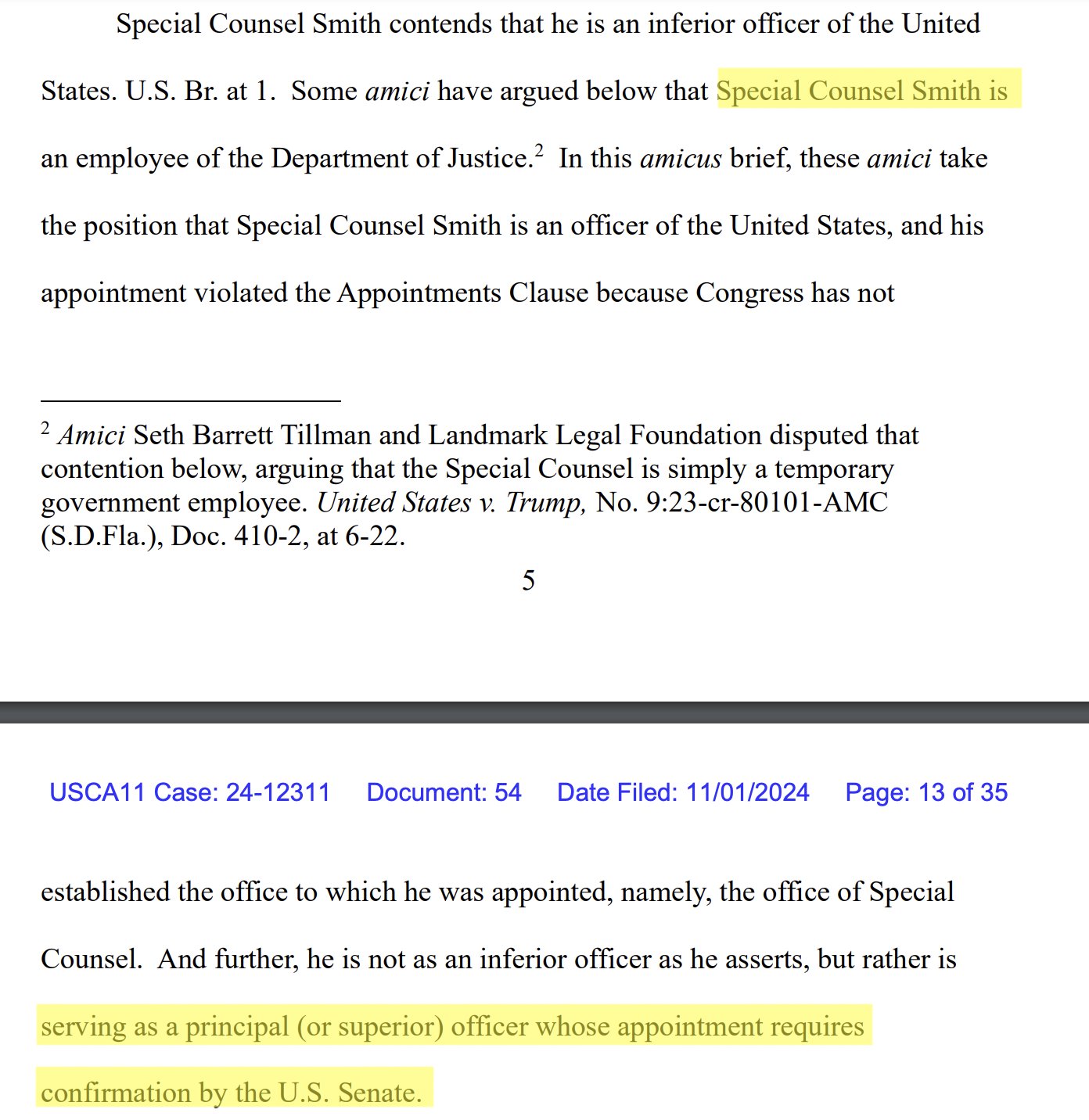LexCheck,
a
legal
technology
company
specializing
in
contract
review,
is
launching
a
new
AI-powered
contract
analysis
tool
that
aims
to
solve
two
persistent
challenges
in
contract
technology:
the
ability
to
handle
complex
agreements
beyond
routine
contracts
such
as
NDAs,
and
the
creation
and
maintenance
of
contract
playbooks.
The
company’s
new
product,
LexCheck
Insights,
combines
know-how
from
its
legacy
product
with
cutting-edge
AI
techniques
to
review
and
redline
contracts
of
any
length
and
complexity
and
automatically
generate
contract
playbooks.
It
differentiates
itself
from
other
AI
contract
review
products
by
combining
traditional
natural
language
processing
with
advanced
large
language
models
(LLMs)
to
analyze
contracts
of
any
length
and
complexity,
while
also
offering
the
ability
to
automatically
generate
customized
playbooks
from
existing
agreements.
Learn
more
about
LexCheck
in
the
LawNext
Legal
Technology
Directory.
The
product,
which
integrates
with
Microsoft
Word,
uses
a
hybrid
approach
that
first
breaks
down
contracts
into
their
component
parts
using
traditional
natural
language
processing,
then
analyzes
those
components
using
LLMs.
This
methodology
allows
the
system
to
handle
longer
and
more
complex
agreements
that
have
traditionally
proven
challenging
for
AI-based
contract
analysis
tools,
the
company
says.
“The
dirty
secret
of
contract
tech
is
that
nothing
is
that
good
beyond
NDAs,”
said
Gurinder
Sangha,
LexCheck’s
founder,
during
an
exclusive
product
demonstration.
“If
you
see
any
demo,
it’s
going
to
be
on
an
NDA.
If
you
see
any
live
demo,
it’s
an
NDA.
You
rarely
see
anyone
trying
to
pitch
something
on
a
more
complex
document.”
By
contrast,
he
said,
LexCheck
Insights
is
built
to
handle
a
wide
variety
of
contract
types
—
from
routine
NDAs
and
MSAs
to
highly
intricate
agreements
—
with
high
degrees
of
accuracy
and
speed.
‘Playbooking
As
A
Service’
A
key
feature
of
the
new
product
is
its
ability
to
dynamically
generate
contract
negotiation
playbooks.
Users
can
upload
their
preferred
contract
templates
or
previously
negotiated
agreements
they’re
satisfied
with,
and
the
system
automatically
creates
a
playbook
within
moments.
Sangha
said
that
this
represents
a
significant
departure
from
traditional
playbook
creation,
which
typically
requires
weeks
of
manual
work
and
consultation.
“What
this
means
is
you
now
almost
have
‘playbooking
as
a
service,’”
Sangha
said.
“You
literally
can
now
create
unlimited
playbooks
that
are
very
dynamic
and
custom
to
the
situation,
which
you
could
never
do
in
the
past
because
it
was
so
onerous
to
even
build
that
document.”
The
system
makes
it
easy
for
users
to
create
multiple
playbooks
for
different
situations
–
such
as
separate
playbooks
for
different
contract
types,
geographic
regions
or
client
types.
Playbooks
can
be
continuously
refined
and
updated
as
users
encounter
new
preferred
language
during
contract
negotiations.
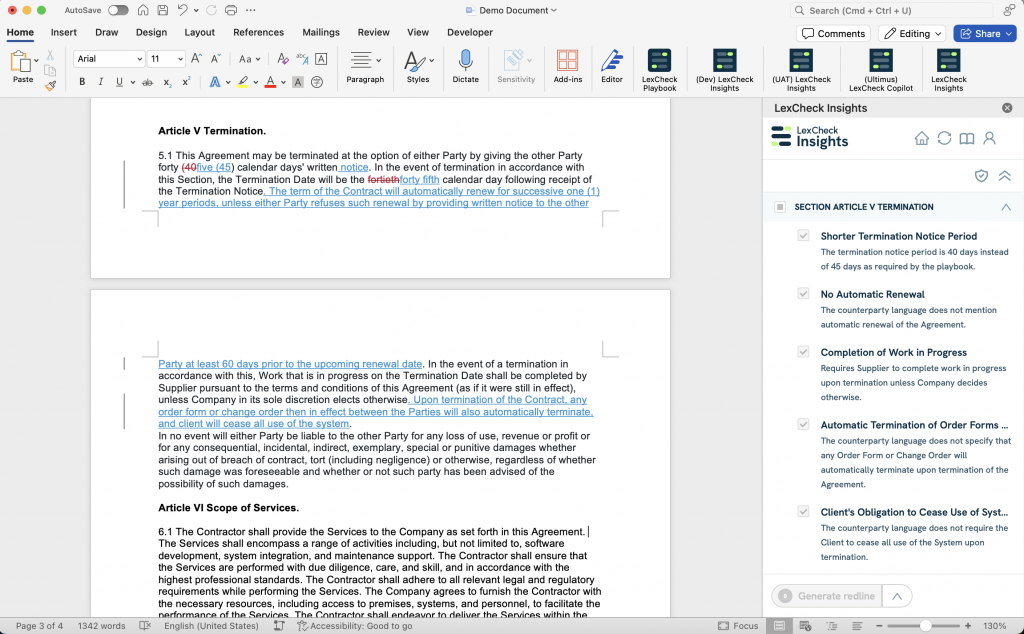
When
analyzing
contracts,
the
system
presents
deviations
from
the
playbook
in
a
clean
interface
that
allows
users
to
quickly
navigate
between
issues.
For
each
deviation,
the
system
provides
an
explanation
of
why
it
flags
the
issue
as
problematic,
generated
by
its
AI
engine.
Users
can
choose
to
accept
the
original
language,
insert
their
preferred
language
from
their
playbook,
or
generate
new
suggested
language
using
the
AI.
Waitlist
for
Free
Access
The
product
has
been
in
a
soft
launch
with
select
customers
for
several
months
and,
as
of
today,
is
now
making
its
official
launch
and
opening
a
waitlist
for
free
access.
Unlike
some
competitors
in
the
contract
analysis
space,
LexCheck
has
chosen
to
focus
solely
on
core
contract
analysis
functionality
rather
than
adding
additional
features
like
contract
summarization
or
proofreading
tools.
“We
took
the
view
that
we’re
just
going
to
live
and
die
by
the
AI
engine,”
Sangha
said.
“Our
AI
engine
is
just
better
than
anything
else
out
there.
We
also
want
to
get
the
user
in
and
out
of
the
software
as
quickly
as
possible.
We
don’t
want
the
user
to
live
within
our
product.
We
want
to
get
it
in
and
out
and
get
their
job
done.”
While
the
system
can
automatically
generate
redlines
for
any
agreement,
it
is
designed
to
give
users
more
control
when
working
with
complex
documents,
allowing
them
to
review
and
approve
changes
individually.
This
approach
recognizes
that
even
with
sophisticated
AI
assistance,
contract
negotiation
still
requires
human
judgment
and
discretion.
“This
is
not
going
to
replace
anybody,”
Sangha
noted.
“It’s
just
going
to,
if
you
want
to
be
faster,
it
can
make
you
faster.
If
you
want
to
be
more
accurate
and
not
miss
things,
it’ll
help
you
not
miss
things.
Or
ideally
both.”
LexCheck
is
offering
free
access
to
LexCheck
Insights
on
a
limited
basis.
Anyone
interested
can
visit
www.lexcheck.com
to
join
the
waitlist.
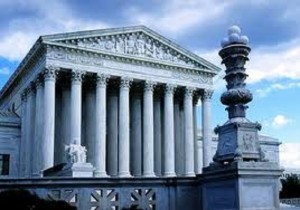













 Kathryn
Kathryn
